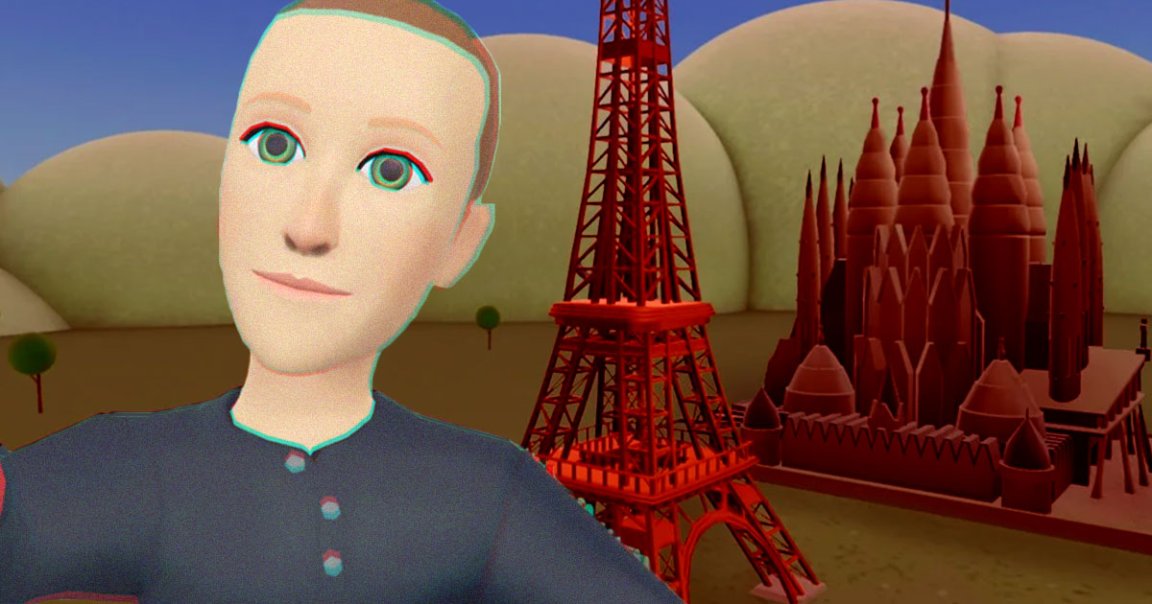
Hardly Knew Ye
With the metaverse seemingly dead and buried, the question remains: why, exactly, did investors fall for it in the first place?
In a searing editorial for New York Magazine, tech columnist John Herrman offered a simple explanation not only for why Facebook (er, Meta) CEO Mark Zuckerberg went all-in on his capital-M Metaverse, but also why so many execs and investors seemed to follow suit.
The answer, in short, lies in the world-changing COVID-19 pandemic — and specifically, in the executive-level backlash to employees seeming to be empowered by their ability to work from home, which was, as the virus raged pre-vaccine, the only way to keep the world going.
“Empty offices and newly empowered employees drove some tech executives out of their minds, and the Metaverse promised a solution, or at least functioned as a response,” the columnist wrote. “It represented an intoxicating fantasy, just not one that most of us would recognize — or, if we did, one that we might recognize as sort of a nightmare.”
We are now living, of course, in another executive fantasy: the rise of artificial intelligence, which freaks out everyone but offers tech execs “an endless supply of cheap and obedient labor and a chance to take ownership of the means, of, well, everything,” Herrman wrote.
One-Two Punch
While AI fever dreams do appear to have killed the metaverse, they are, at least, more substantial than the farcical virtual reality worlds into which Zuckerberg and others have sunk so many billions of dollars.
“From one executive to an audience of other executives, the metaverse — at least Zuck’s take on it — offered a vision of the future in which everything was different but also pretty much the same: a disruptive technology that maintained the basic order of things, and where you once again knew what your employees were up to, even if they were just avatars,” the columnist excoriated.
The metaverse differed from other baldly exec-serving schemes in just how little, even in 2021, it seemed to provide to “anyone but executives.”
“It felt uncanny and hollow, and when people stopped talking about it so much, nobody who wasn’t directly invested seemed to care,” Herrman wrote. “It’s true that Silicon Valley has shifted its attention to AI, but what really killed the metaverse was workers returning to the office.”
COVID killed physical offices for some time, but our touch-and-go return to a semblance of normalcy has slowly been putting an end to remote work — and so, too, to the dream of the metaverse.
More on the metaverse: Virtual Metaverse Real Estate Is Completely in the Toilet